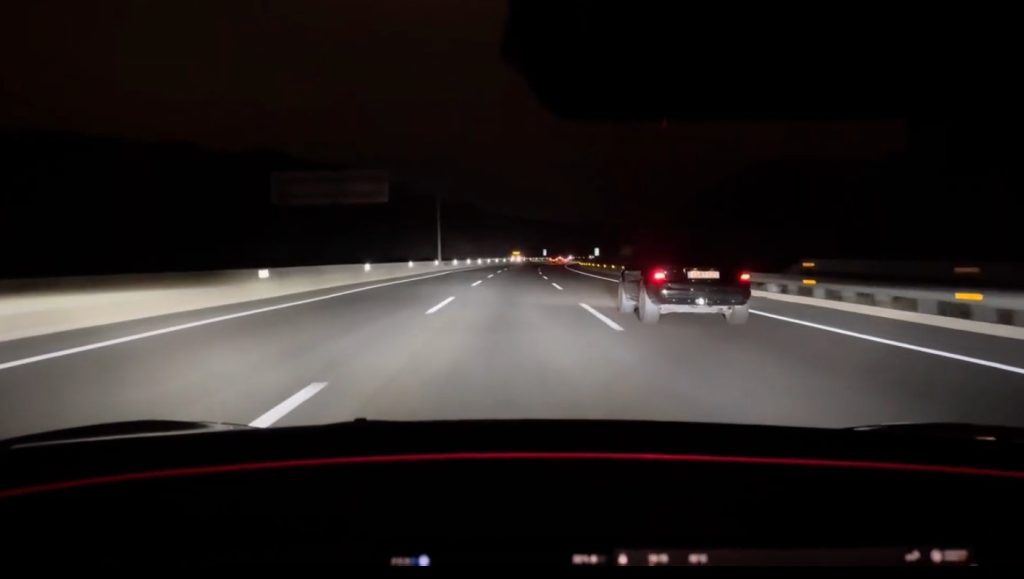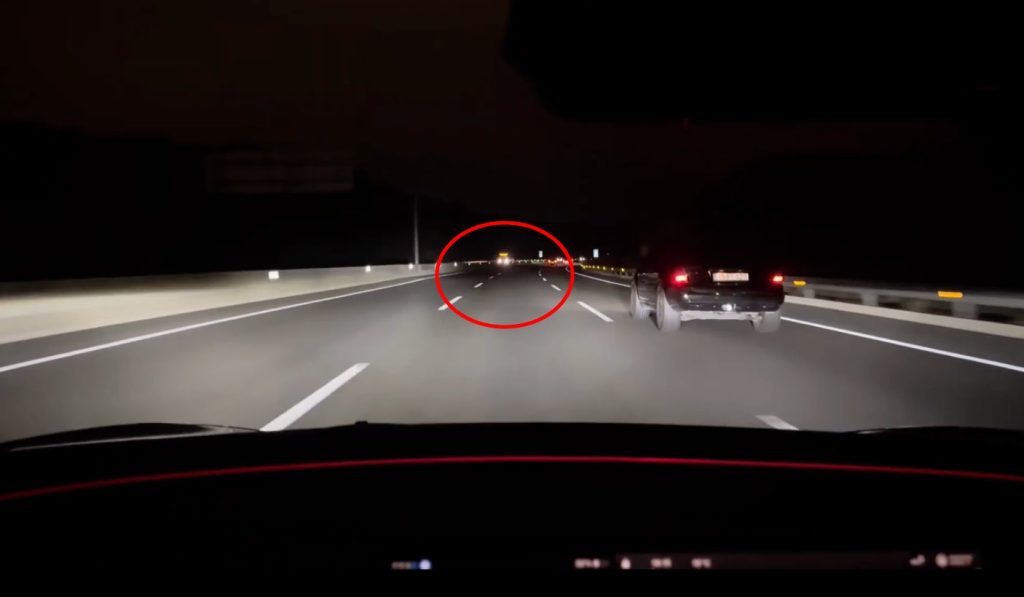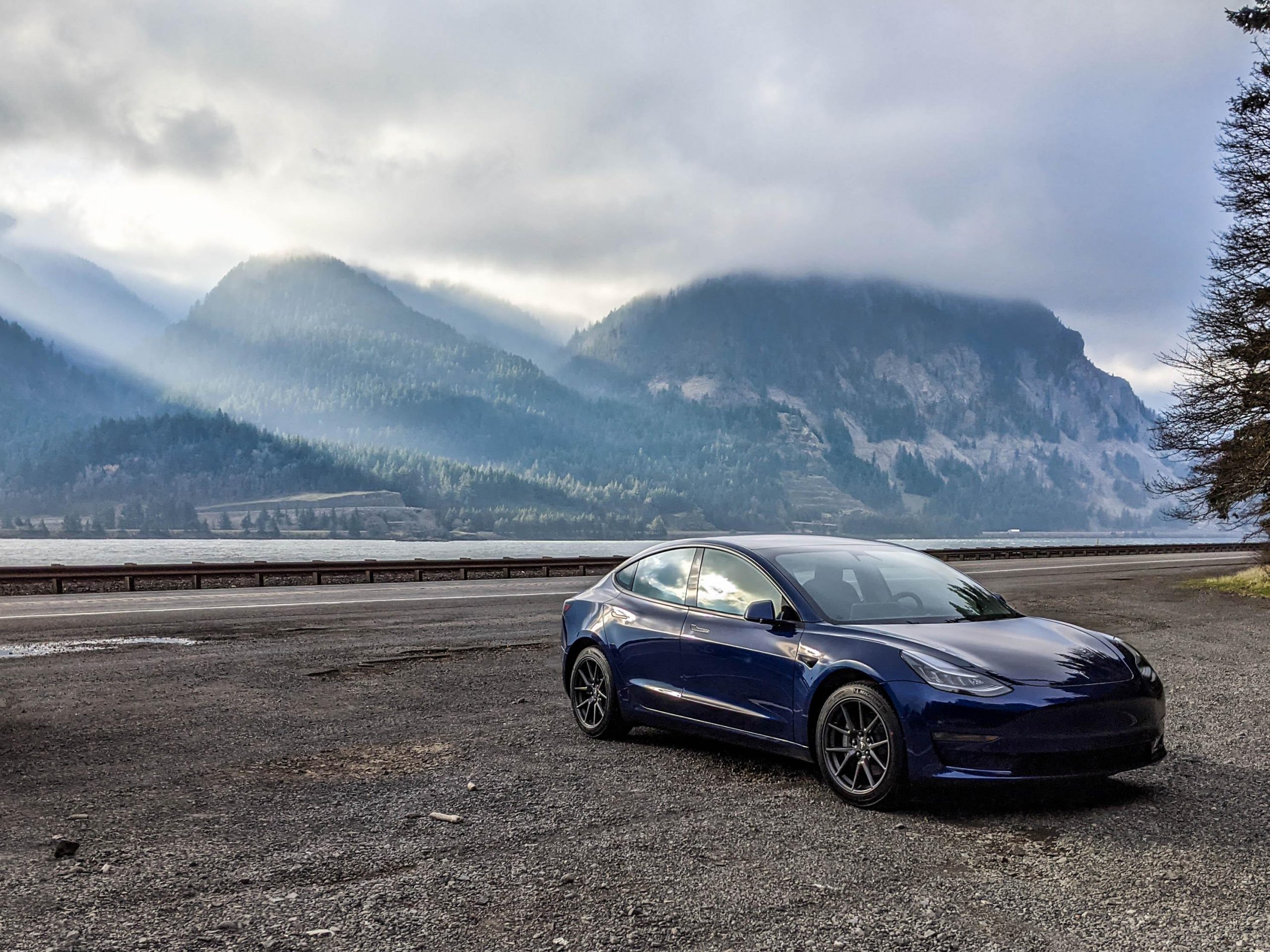
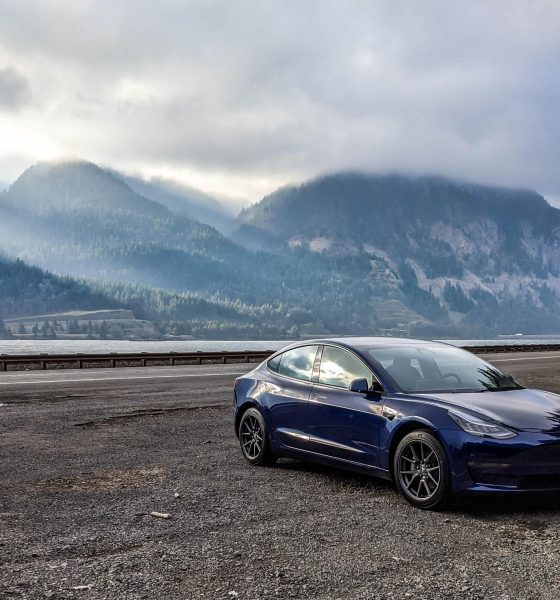
News
Tesla Model 3 captures 72% of 2020 deliveries, dominates global EV market
The Tesla Model 3 continued its domination of the company’s EV sales figures and the global EV market as a whole in 2020. New data shows that the Model 3 made up 72% of Tesla’s total deliveries during the year, and 12% of the global electric car market, continuing a tradition of domination that has spanned for the last three years.
The Model 3 was launched in 2017 by Tesla. It was the first time the company had launched a vehicle at an affordable price point with a base value of $35,000 for its Standard Range variant. Tesla made no compromises when designing the car, as all variants offer sufficient range and performance specifications for anyone who needs it. Since then, the Model 3 has been Tesla’s most popular vehicle, and it has also been the world’s preferred electric car, acting as a catalyst to the global transition to sustainable transportation.
2020 was no different. Of the over 3,124,000 electric cars sold during the year, the Model 3 made up 12% of the global market share, being delivered to customers 365,240 times. The EV Sales Blog, a website that tracks global EV sales figures, reported that the Model 3 had, once again, dominated EV sales throughout the world for the third straight year.
EV Sales Blog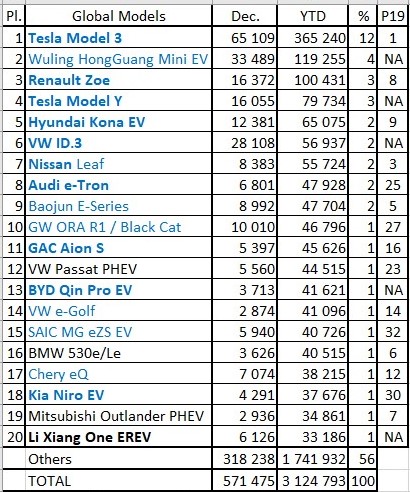
The website detailed the accolade:
“On the final 2020 table, the Tesla Model 3 won its 3rd consecutive Best Seller award, with no real competition in sight, so it looks 2021 could be its 4th title in a row, which would equal the number of titles that the Nissan Leaf has won so far (2011, 2013, ’14 and 2016).”
Internally, Tesla’s best year in its history was driven by the Model 3 and Model Y. Primarily, the Model 3 was the biggest contributor, and it was not a race that was neck and neck by any means. Tesla reported in its Q4 2020 Press Release on January 2nd that it delivered 509,737 cars during 2020, not detailing the exact numbers of each particular car. All the company detailed was the Model 3, and Model Y accounted for 454,932 of the 509,737, making up for 89% of the total deliveries during the year.
However, the data from the EV Sales Blog once again shows that the Model 3 dominated company figures as well, something that most people should expect. However, 72% of Tesla’s total 2020 delivery figures were comprised of Model 3 variants, meaning nearly 3 of every 4 cars delivered to customers during the year was a Model 3 sedan.
As the Model Y is ramping up in China, and with the German Giga Berlin plant set to begin deliveries later this year, the Model Y will likely cut into Tesla’s total market share. However, there will likely not be cannibalization of sales of the Model 3 as global demand for EVs continues to increase as sustainable transportation is becoming more widely adopted across the globe.

News
Ford is charging for a basic EV feature on the Mustang Mach-E
When ordering a new Ford Mustang Mach-E, you’ll now be hit with an additional fee for one basic EV feature: the frunk.
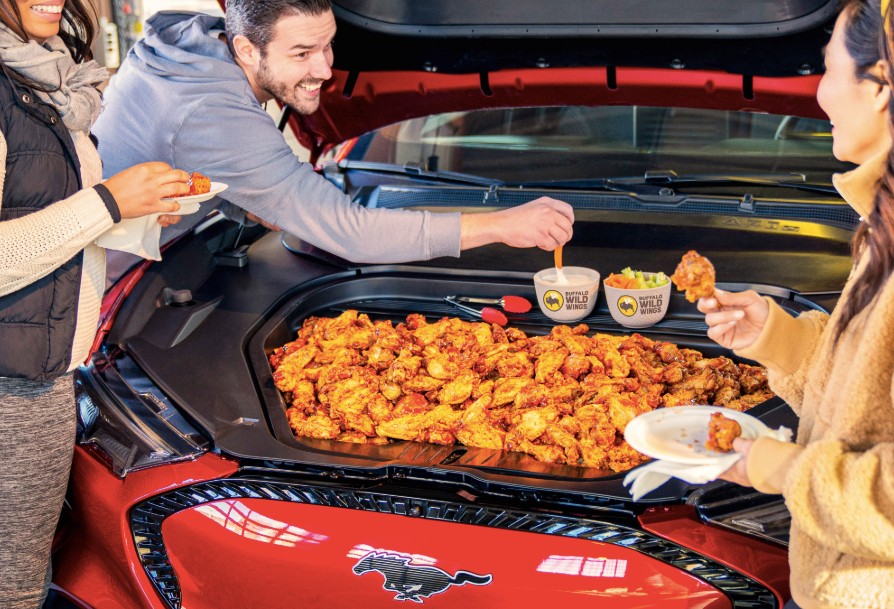
Ford is charging an additional fee for a basic EV feature on its Mustang Mach-E, its most popular electric vehicle offering.
Ford has shuttered its initial Model e program, but is venturing into a more controlled and refined effort, and it is abandoning the F-150 Lightning in favor of a new pickup that is currently under design, but appears to have some favorable features.
However, ordering a new Mustang Mach-E now comes with an additional fee for one basic EV feature: the frunk.
The frunk is the front trunk, and due to the lack of a large engine in the front of an electric vehicle, OEMs are able to offer additional storage space under the hood. There’s one problem, though, and that is that companies appear to be recognizing that they can remove it for free while offering the function for a fee.
Ford is now charging $495 on the Mustang Mach-E frunk (front trunk). What are your thoughts on that? pic.twitter.com/EOzZe3z9ZQ
— Alan of TesCalendar 📆⚡️ (@TesCalendar1) February 24, 2026
Ford is charging $495 for the frunk.
Interestingly, the frunk size varies by vehicle, but the Mustang Mach-E features a 4.7 to 4.8 cubic-foot-sized frunk, which measures approximately 9 inches deep, 26 inches wide, and 14 inches high.
When the vehicle was first released, Ford marketed the frunk as the ultimate tailgating feature, showing it off as a perfect place to store and serve cold shrimp cocktail.
Ford Mach-E frunk is perfect for chowders and chicken wings, and we’re not even joking
It appears the decision to charge for what is a simple advantage of an EV is not going over well, as even Ford loyal customers say the frunk is a “basic expectation” of an EV. Without it, it seems as if fans feel the company is nickel-and-diming its customers.
It will be pretty interesting to see the Mach-E without a frunk, and while it should not be enough to turn people away from potentially buying the vehicle, it seems the decision to add an additional charge to include one will definitely annoy some customers.
News
Tesla to improve one of its best features, coding shows
According to the update, Tesla will work on improving the headlights when coming into contact with highly reflective objects, including road signs, traffic signs, and street lights. Additionally, pixel-level dimming will happen in two stages, whereas it currently performs with just one, meaning on or off.
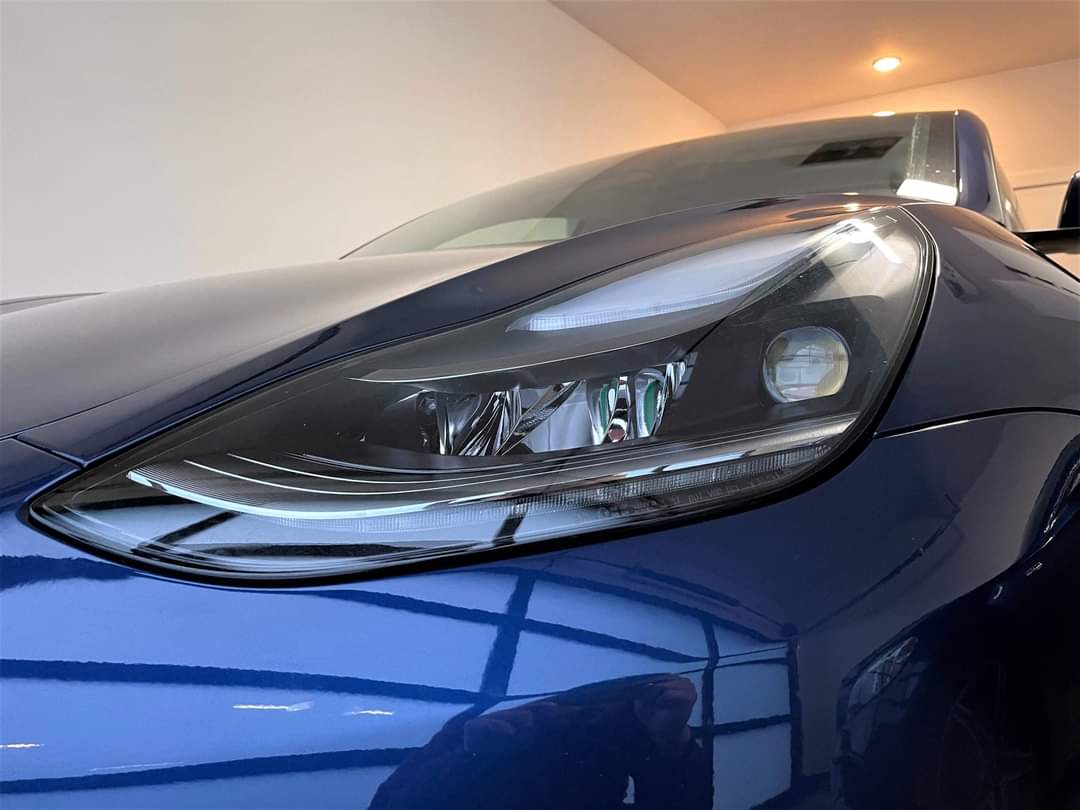
Tesla is looking to upgrade its Matrix Headlights, a unique and high-tech feature that is available on several of its vehicles. The headlights aim to maximize visibility for Tesla drivers while being considerate of oncoming traffic.
The Matrix Headlights Tesla offers utilize dimming of individual light pixels to ensure that visibility stays high for those behind the wheel, while also being considerate of other cars by decreasing the brightness in areas where other cars are traveling.
Here’s what they look like in action:
- Credit: u/ObjectiveScratch | Reddit
- Credit: u/ObjectiveScratch | Reddit
As you can see, the Matrix headlight system intentionally dims the area where oncoming cars would be impacted by high beams. This keeps visibility at a maximum for everyone on the road, including those who could be hit with bright lights in their eyes.
There are still a handful of complaints from owners, however, but Tesla appears to be looking to resolve these with the coming updates in a Software Version that is currently labeled 2026.2.xxx. The coding was spotted by X user BERKANT:
🚨 Tesla is quietly upgrading Matrix headlights.
Software https://t.co/pXEklQiXSq reveals a hidden feature:
matrix_two_stage_reflection_dip
This is a major step beyond current adaptive high beams.
What it means:
• The car detects highly reflective objects
Road signs,… pic.twitter.com/m5UpQJFA2n— BERKANT (@Tesla_NL_TR) February 24, 2026
According to the update, Tesla will work on improving the headlights when coming into contact with highly reflective objects, including road signs, traffic signs, and street lights. Additionally, pixel-level dimming will happen in two stages, whereas it currently performs with just one, meaning on or off.
Finally, the new system will prevent the high beams from glaring back at the driver. The system is made to dim when it recognizes oncoming cars, but not necessarily objects that could produce glaring issues back at the driver.
Tesla’s revolutionary Matrix headlights are coming to the U.S.
This upgrade is software-focused, so there will not need to be any physical changes or upgrades made to Tesla vehicles that utilize the Matrix headlights currently.
Elon Musk
xAI’s Grok approved for Pentagon classified systems: report
Under the agreement, Grok can be deployed in systems handling classified intelligence analysis, weapons development, and battlefield operations.

Elon Musk’s xAI has signed an agreement with the United States Department of Defense (DoD) to allow Grok to be used in classified military systems.
Previously, Anthropic’s Claude had been the only AI system approved for the most sensitive military work, but a dispute over usage safeguards has reportedly prompted the Pentagon to broaden its options, as noted in a report from Axios.
Under the agreement, Grok can be deployed in systems handling classified intelligence analysis, weapons development, and battlefield operations.
The publication reported that xAI agreed to the Pentagon’s requirement that its technology be usable for “all lawful purposes,” a standard Anthropic has reportedly resisted due to alleged ethical restrictions tied to mass surveillance and autonomous weapons use.
Defense Secretary Pete Hegseth is scheduled to meet with Anthropic CEO Dario Amodei in what sources expect to be a tense meeting, with the publication hinting that the Pentagon could designate Anthropic a “supply chain risk” if the company does not lift its safeguards.
Axios stated that replacing Claude fully might be technically challenging even if xAI or other alternative AI systems take its place. That being said, other AI systems are already in use by the DoD.
Grok already operates in the Pentagon’s unclassified systems alongside Google’s Gemini and OpenAI’s ChatGPT. Google is reportedly close to an agreement that will result in Gemini being used for classified use, while OpenAI’s progress toward classified deployment is described as slower but still feasible.
The publication noted that the Pentagon continues talks with several AI companies as it prepares for potential changes in classified AI sourcing.
